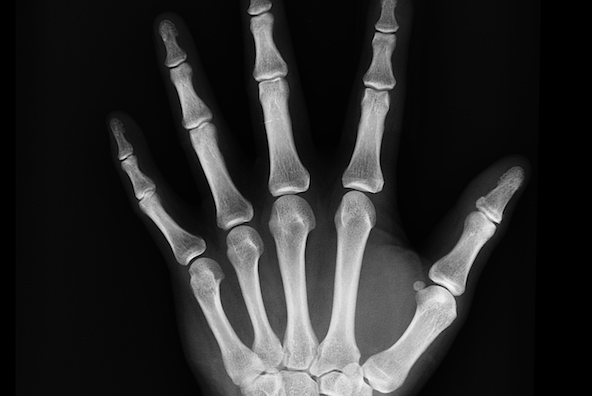
February 24, 2020
 Source/Pexels.com
Source/Pexels.com
An oral medication created by growing a desired protein in plant leaves could help patients with fractures and broken bones heal more quickly, according to researchers at the University of Pennsylvania.
A new strategy to help promote the healing of broken bones has shown promise in studies led by researchers at Penn Medicine, who are developing a shelf-stable oral medication grown in lettuce plants.
A team of researchers at Penn's Dental School of Medicine conducted a series of studies working with the protein insulin-like growth factor-1, or IGF-1.
The research was motivated by the difficulty diabetes patients have in trying to heal fractures.
"The current drug for diabetic patients with a fracture requires repetitive injections and hospital visits and as a result patient compliance is low," Henry Daniell, corresponding author of a paper published in Biomaterials. "Here we gave an oral drug once a day and saw healing to be greatly accelerated."
Daniell and his colleagues used a plant-based drug production platform that has been in development for years. By introducing a chosen protein into plant cells, the gene is gradually expressed in those cells and produced in their leaves. The leaves can then be harvested and used in an oral medication.
"Delivering this novel human IGF-1 though eating lettuce is effective, easily delivered, and an attractive option for patients," said Shuying Yang, Deniell's co-corresponding author. "The study provides a new and ideal therapeutic option for diabetic fracture and other musculoskeletal diseases."
The research built on Deniell's experience refining a highly-expressed human version of IGF-1 in plant leaves.
After freeze-drying and powdering the lettuce, researchers found the product was shelf-stable for nearly three years.
In tests on both mouse and human cells, the researchers were able to show that the plant-derived drug caused a wide range of cell types to grow and differentiate, from oral tissue cells to bone-building osteoblasts. Further testing on live mice, both healthy and diabetic, raised their IGF-1 levels and boosted bone volume, density and area.
Daniell and his team hope that an oral therapy can become an affordable and accessible treatment available to patients who suffer from fractures. Additional research may find uses for plant-growing IGF-1 in the treatment of other musculoskeletal issues, such as osteoporosis.
"Fundamental to all these projects is we want to make the delivery of this drug affordable, comfortable, and possible to do at home," said Daniell. "We're hoping to find partners to advance this work as there are a lot of people with diabetes who could benefit from a therapy like this."